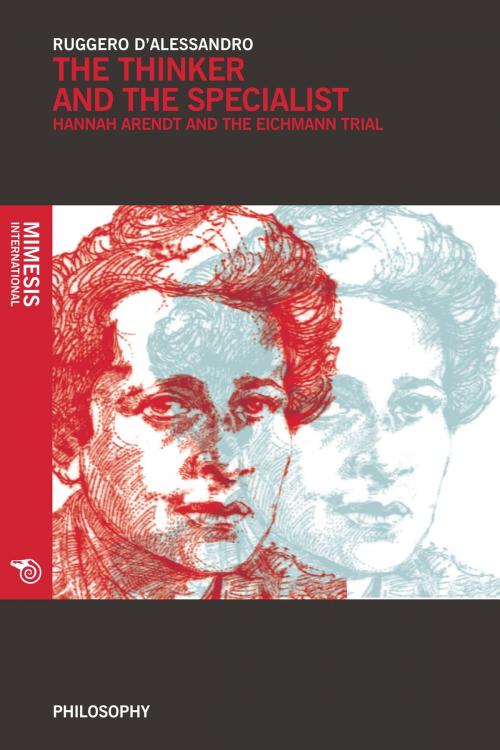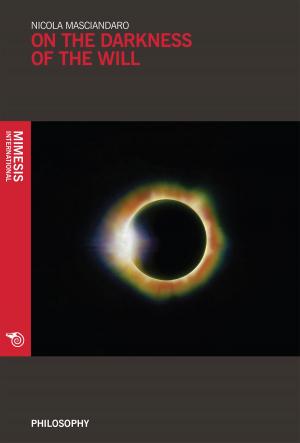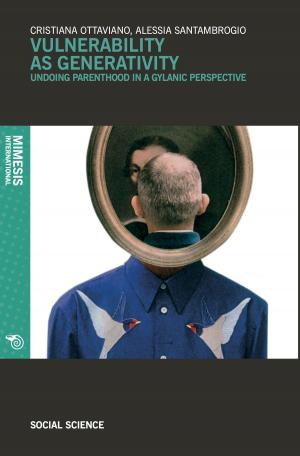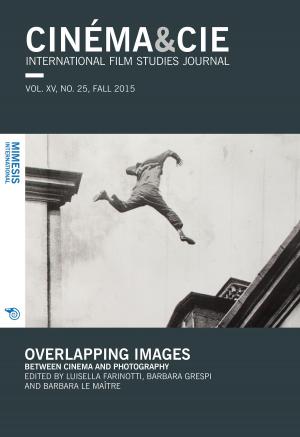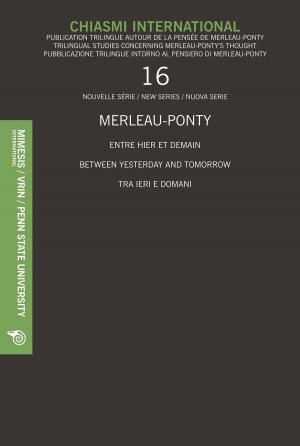The Thinker and the Specialist
Hannah Arendt and the Eichmann Trial
Nonfiction, Religion & Spirituality, Philosophy| Author: | Ruggero D'Alessandro | ISBN: | 9788869770494 |
| Publisher: | Mimesis International | Publication: | January 14, 2016 |
| Imprint: | Mimesis International | Language: | English |
| Author: | Ruggero D'Alessandro |
| ISBN: | 9788869770494 |
| Publisher: | Mimesis International |
| Publication: | January 14, 2016 |
| Imprint: | Mimesis International |
| Language: | English |
“Attending this trial is somehow, I maintain, an obligation that I have to my past,” writes Hannah Arendt on the eve of the trial of Ex-Lieutenant Colonel of the SS Adolf Eichmann, one of the people most heavily involved in the planning and carrying out of the Holocaust. Originating with Arendt’s correspondences with the weekly newspaper The New Yorker, a volume entitled Eichmann in Jerusalem.A Report on the Banality of Evil was published in 1963 and would provoke a strong reaction throughout the Jewish community. The accusations that would arise involved Arendt’s portrayal of Eichmann, her analysis of the Jewish Council’s role, as well as her evaluation of the trial, judicial questions, political scopes and ethical aspects.By reconstructing this painful event that involves longtime friendships and affection, the author analyses Arendt’s position with regard to questions of guilt, the Law, collective justice and jurisdiction for crimes against humanity, alongside the ‘ambiguity’ of an institution like the Jewish Council and other central categories of Arendtian speculation such as the incapacity to think and the ‘banality’ of evil. What emerges is a complex picture of a courageous and warrior-like Arendt, who is inevitably a philosopher on the human condition, freedom and justice.
“Attending this trial is somehow, I maintain, an obligation that I have to my past,” writes Hannah Arendt on the eve of the trial of Ex-Lieutenant Colonel of the SS Adolf Eichmann, one of the people most heavily involved in the planning and carrying out of the Holocaust. Originating with Arendt’s correspondences with the weekly newspaper The New Yorker, a volume entitled Eichmann in Jerusalem.A Report on the Banality of Evil was published in 1963 and would provoke a strong reaction throughout the Jewish community. The accusations that would arise involved Arendt’s portrayal of Eichmann, her analysis of the Jewish Council’s role, as well as her evaluation of the trial, judicial questions, political scopes and ethical aspects.By reconstructing this painful event that involves longtime friendships and affection, the author analyses Arendt’s position with regard to questions of guilt, the Law, collective justice and jurisdiction for crimes against humanity, alongside the ‘ambiguity’ of an institution like the Jewish Council and other central categories of Arendtian speculation such as the incapacity to think and the ‘banality’ of evil. What emerges is a complex picture of a courageous and warrior-like Arendt, who is inevitably a philosopher on the human condition, freedom and justice.
